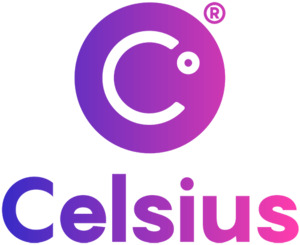If I move in $1,000 for 3 months and then withdraw, which seems to be the average withdrawal time for Celsius users from what I've seen due to their promotions, how can they make money based on all the withdrawal if there are blockchain transactional fees? Take for example their bitcoin promotion, it just does not add up.
Furthermore, has anyone shown any real case examples of people borrowing from Celsius Network? With so many coins deposited, and of so many depositors coming out and talking about their good experiences, it seems strange that we have seen nothing on the opposite side. Where are all the borrowers that have had good experiences?
Does this not seem like a big problem? You would think a hedge fund that is involved in shorting cryptocurrencies would have at least come out during their reporting session or annual report meeting and said something, but we have not seen anything. You would think someone who structured their cryptocurrency loan to get around the tax man would come out and say "Wow, Celsius saved me a fortune in taxes", but there are not many reports at all, if any…

I’m very sceptical of blockchain as an investment, so take my comment with a grain of salt, but maybe the lack of the recommendations etc. your are seeing is because the area is both comparatively new, and full of scammers.
I don’t disagree there have been people getting in early, taking risks, who have made lots of money.
There have also been people getting in early, taking risks, and losing lots of money.
If you are most comfortable with proven investments, I’d suggest accessing blockchain via established investment companies, even though they are going to be lagging behind the cutting edge. One of the reasons they lag a bit behind is because they check out whether stuff is dodgy.